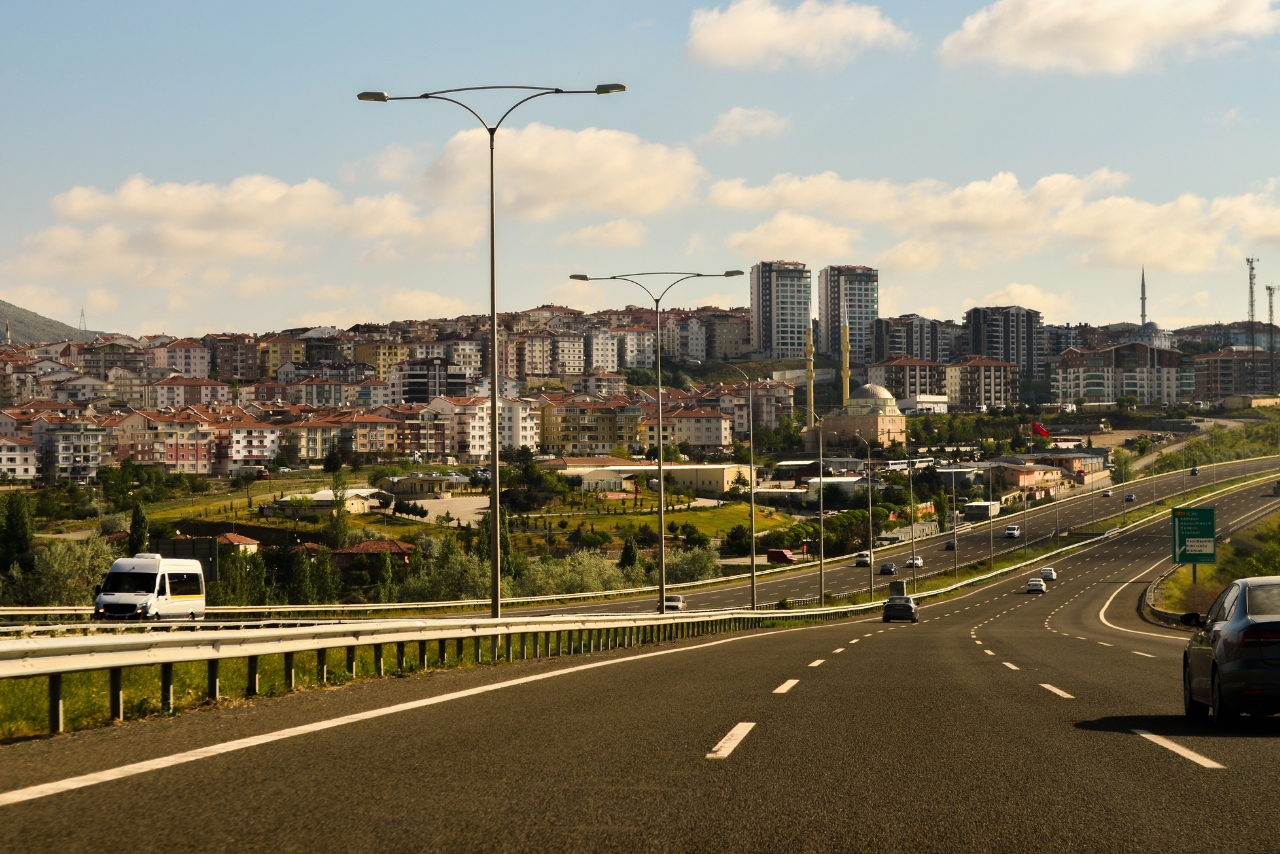Urban Highways Disrupt Social Connections

The link between busy roads and declining social ties has been widely recognized in urban planning research since the 1960s, but it has never been empirically measured until now. Led by the IT University of Copenhagen, in collaboration with the Complexity Science Hub, Vienna, Corvinus University of Budapest, and the University of Amsterdam, the research team quantified this impact, with their findings published in early March in the Proceedings of the National Academy of Sciences (PNAS).
The researchers analyzed the estimated home location and online social ties of one million Twitter users from 2013 and compared it with the urban highway networks of the 50 largest cities in the United States. By creating a randomized network agnostic to the position of highway, they measured the influence of highways on social connections through the so-called barrier scores.
The results showed that urban highways decreased the number of social ties in every American city studied, with an average reduction of 1–16%. This effect was particularly strong within a 5-kilometer distance and aligns with historical efforts in the U.S. to use highways to segregate communities, particularly Black neighborhoods. The biggest decline in social connections was observed in Cleveland and Orlando, while highways disrupt social life the least in Portland and New York.
We expect that the isolating effect of urban highways will be observable not only in the United States but in other countries, including Hungary. However, further research is needed to confirm this,
said Sándor Juhász, research fellow at the Corvinus Institute for Advanced Studies (CIAS) and co-author of the study.
Thanks to the research team, this is the first time there is quantitative evidence that transportation infrastructure can segregate urban neighborhoods by disrupting the social network that connects them. In light of these findings, policymakers should consider the potential impact of infrastructure on the social fabric and help to reconnect urban communities.
The study was funded by the Carlsberg Foundation’s COCOONS project, the EU Horizon JUST STREETS project, and the EU Marie Skłodowska-Curie Postdoctoral Fellowship Program.